The Wellness Industry Isn't Making You Well
It's exclusionary, expensive, and too trendy for its own good.
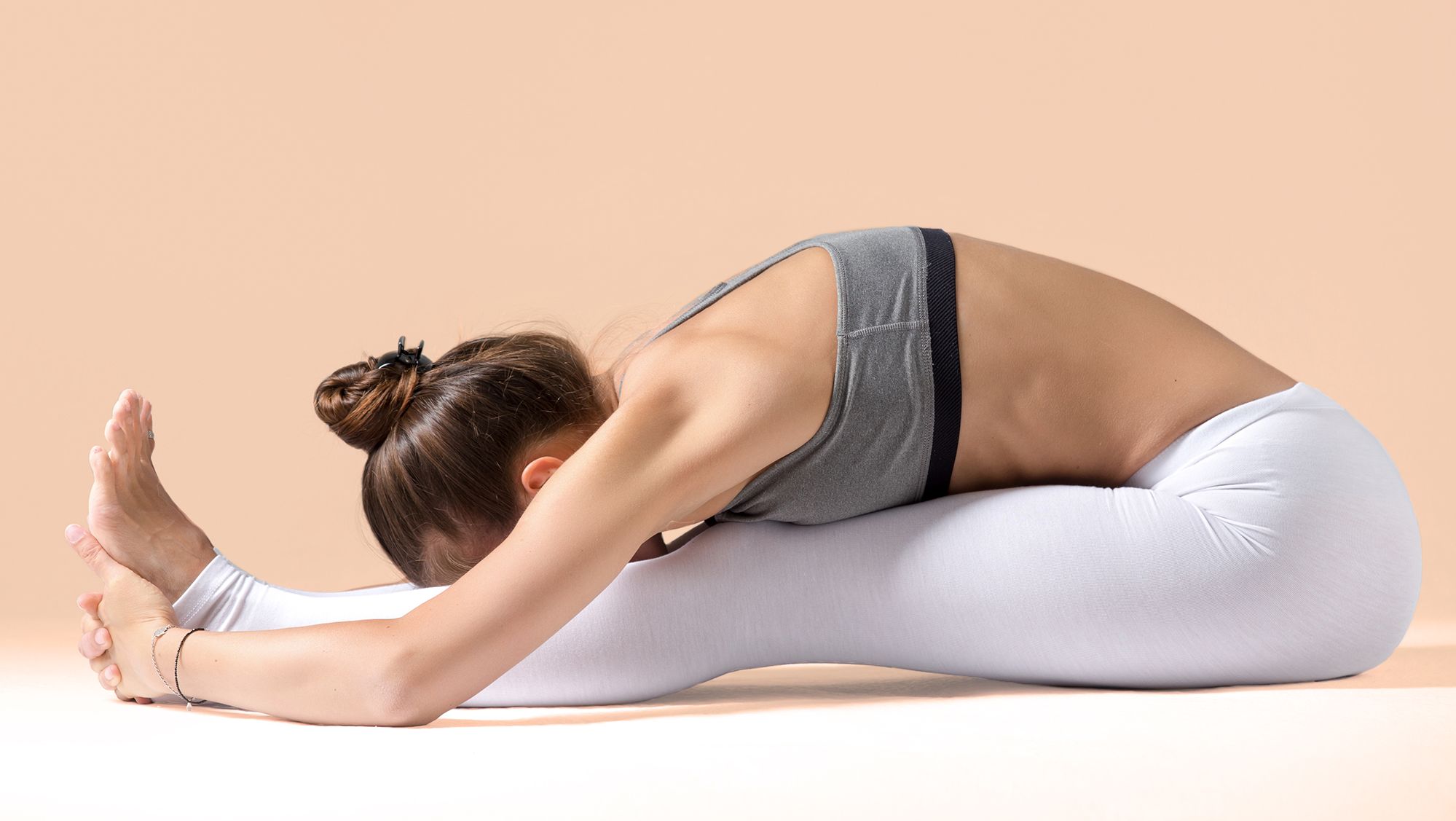
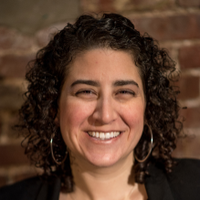
I’m as “woo woo” as they come: I wear red socks when I want to feel grounded by my root chakra and avoid signing contracts when Mercury is retrograde. I’ve had hot oil dripped on my third eye in India and my body wrapped in mud at the Dead Sea. I spend more money than I'd like to admit on classes at SoulCycle and kale salads from sweetgreen.
I am not a lemming following the trends. Quite the opposite: During my suburban Chicago childhood, I left for elementary school while my mother did cat/cow in her nightgown on her bedroom floor. I grew up getting acupuncture, meditating, and taking homeopathic remedies like Oscillococcinum or Yin Chiao herbs whenever a cold or flu was coming on.
On paper, I’m the ultimate wellness consumer: a white, cishetero, able-bodied woman from an upper class background. In practice, I think the industry is peddling people like me a bunch of B.S.
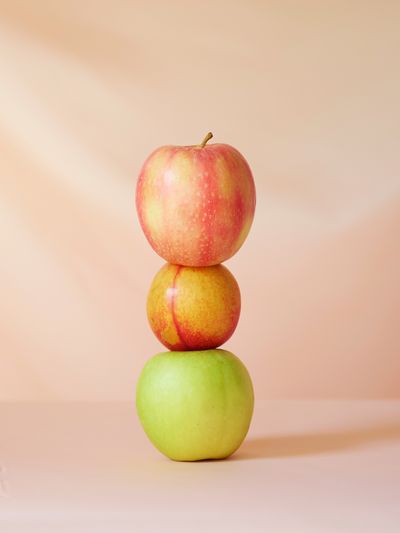
When I was younger, wellness wasn't cool or commodified. Now, the global wellness industry is worth 4.2 trillion dollars—far surpassing both the pharmaceutical industry (worth 1 trillion dollars) and the diet industry (valued in the tens of billions), according to the Global Wellness Institute, a nonprofit research center that identifies 10 sectors in its overarching umbrella, including healthy eating, nutrition, and weight loss, as well as fitness, preventative medicine, the spa industry, and more. This explosion in popularity is great for professionals in those fields, many of whom are independent practitioners. And yet wellness-as-trend is also perpetuating ideals that are making too many bodies in this country unwell. And taking our money in the process.
So much of what’s supposed to make us feel whole is actually preventing us from being our whole selves in an authentic way. “We use all this diet, beauty, and wellness stuff to compare and compete with each other,” says Linda Arbus, a New York City-based psychotherapist, who teaches Fat Studies at the Women's Therapy Centre Institute. “It loses the real central importance of trying to live as holistically as possible and love ourselves and each other the best we can.”
Part of what’s wrong with the wellness industry, Arbus notes, is that it’s a proxy for body hatred and fat phobia, telling us which bodies are good and which are bad. “The wellness industry all ends up tying to thin obsession,” adds Gloria Lucas, who runs Nalgona Positivity Pride, a Xicana/Brown*/Indigenous body positive organization, “repurposing the idea that able-bodied, thin, heterosexual, cisgender...anybody who possesses those qualities is what is defined as healthy.”
“The wellness industry all ends up tying to thin obsession.”
Speaking of definitions, according to the World Health Organization health is “a state of complete physical, mental, and social well-being, and not merely the absence of disease or infirmity.” Meanwhile, Merriam-Webster characterizes wellness as “the state of being in good health, especially as an actively sought goal.” Except what determines quote-unquote good health? And who has ever been in a state of complete physical, mental, and social well-being on a constant basis? I mean, sure, I often feel bliss, don’t get me wrong, but, like, not completely all the time!
Stay In The Know
Get exclusive access to fashion and beauty trends, hot-off-the-press celebrity news, and more.
This utter unattainability stems from the fact that most health standards and diagnoses are based on faulty metrics of what a body should look like or be. In the book “Body Respect,” author Linda Bacon, Ph.D., and co-author Lucy Aphramor, Ph.D., R.D., note that, with regards to the Body Mass Index (BMI) scale—which most western doctors use to determine health—“many people in the categories of ‘overweight’ and ‘obese’ live long, disease-free lives. In other words, adiposity (fatness) alone doesn’t mean sickness. When we make health assumptions about people based on their weight, we also miss the many thin people who get ‘obesity-associated’ diseases.” Just one metric of several the authors point out as similarly flawed.
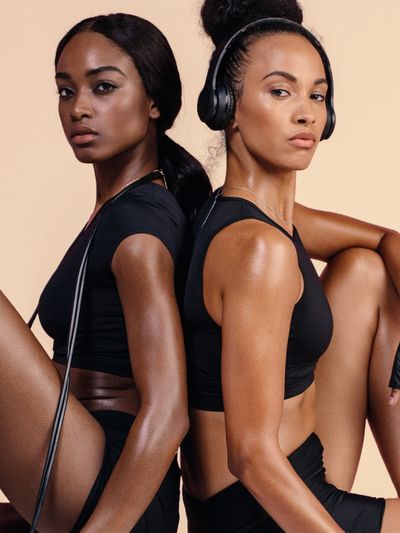
Yet, it’s these very mythological standards that make the wellness world an attractive frontier. “The wellness market wasn’t driven by doctors and governments,” says Beth McGroarty, director of research and public relations at the Global Wellness Institute. “Prevention—which is at the core of what wellness is—is a consumer market.”
Traditional western healthcare is fixated on curing disease, thus lacking what consumers both want and need. “You’re not remunerated for exercising and eating healthy or doing meditation or stress reduction by the insurance companies,” McGroarty says. “You’re only remunerated for taking pills or having procedures. So people are taking things into their own hands, and that’s the very positive side.”
McGroarty attributes the wellness industry’s explosion to our chronic disease and stress epidemics, the failure of traditional healthcare to resolve these growing issues, the rise of the global middle class, and the commercialized gurus metamorphosing ancient medicines and practices into an aspirational and desirable lifestyle. We’ve allowed celebrities and social media influencers to become the be-all end-all of not only status, stature, and wealth, but also the experts on literally everything and anything…including science and health. Except it’s almost guaranteed that these bold-faced names haven’t studied the modalities or theories behind the brands they’re promoting. It’s just that they—and the companies behind them—know we’ll believe what they say, and buy what they tell us to.
It's hard to know whether people are practicing, say, meditation because a celebrity or influencer praised it, or because they genuinely see its value. “People throw around terms like self-care, but what does that really mean?” posits Amanda Young, a social worker, educator, and founder of Face The Change, an organization aimed at increasing awareness for chronic illness. Perhaps nothing at this point. The term is so often used without knowledge and understanding of its history and definition, and overuse—of it and even the word “wellness” itself—risks rendering words meaningless.
We’ve allowed celebrities and influencers to become the be-all end-all of not only status, stature, and wealth, but also science and health.
“Wellness is very individualized,” Young explains. “But we make a lot of general comments and assumptions and give people quick tip advice that really doesn’t always resonate.” Or work.
Crystals, meditation, yoga—not everything heals everyone, especially when we borrow from other cultures. Most of today's trendy healing modalities come from ancient civilizations and ancestries, but as the wellness world has exploded, that’s gotten lost—the history and respect for roots.
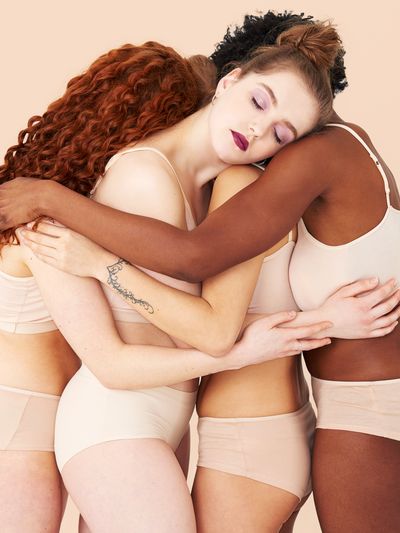
“Sometimes Western people take what they think is something powerful used in the Indigenous world, say a plant, an herb, a tea, drumming in the forest,” says Margaret P. Moss Ph.D., R.N., director of First Nations House of Learning and an associate professor in the school of nursing at the University of British Columbia, “without taking the whole system that came with it, that made it work.” The words, the gestures, the setting, the intent. Let's be honest: For most of the trendy wellness practices we partake in, do we really know how and why it could help—or hurt—us? “If it’s coming from Chinese medicine or indigenous American medicine or something, is it being done correctly?” Dr. Moss asks. “Or are they just bottling teas and nettles?”
So what’s the point? Is wellness even serving us if it’s neither accessible, nor affordable, nor respectful of the places and people from whence it came? Are people just sticking jade eggs in their vaginas because Gwyneth Paltrow said to?
Let me be clear, along with clinical therapy (which is not counted under the wellness industry umbrella), so many people, places, products, and practices of wellness have saved my life. More importantly, they taught me how to save myself.
I know that wellness is critical. I also realize that wellness needs to be more intersectional in its awareness and its access. And while I do recognize that feeling whole can actually play a role in dismantling systemic oppression, if the wellness industry continues expanding without intentionality, we'll end up with neither of those outcomes.
When I tell people I was getting acupuncture in elementary school, or that my mother wrote my ballet teacher notes promising her the purple circles on my shoulders were from Chinese cupping, many tell me I’m a pioneer. In some ways, I have an ego orgasm—I did this wellness stuff before it was a hip! In other ways, I realize I need to hold myself accountable for my hypocrisy.
I’m interested in a wellness that—like the tools I’ve gained from decades of yoga, meditation, acupuncture, alternative healings, and more—tells me I know myself best. I’m the only person who will ever know what I need. That’s my agency as a human being. That’s what wellness means to me. The rest—the calls to be thinner, taller, to have more energy, and straighter hair, with calmer skin, and less anxiety—it’s all just…bullshit.
For more celebrity news, beauty and fashion advice, savvy political commentary, and fascinating features, sign up for the Marie Claire newsletter.
RELATED STORY
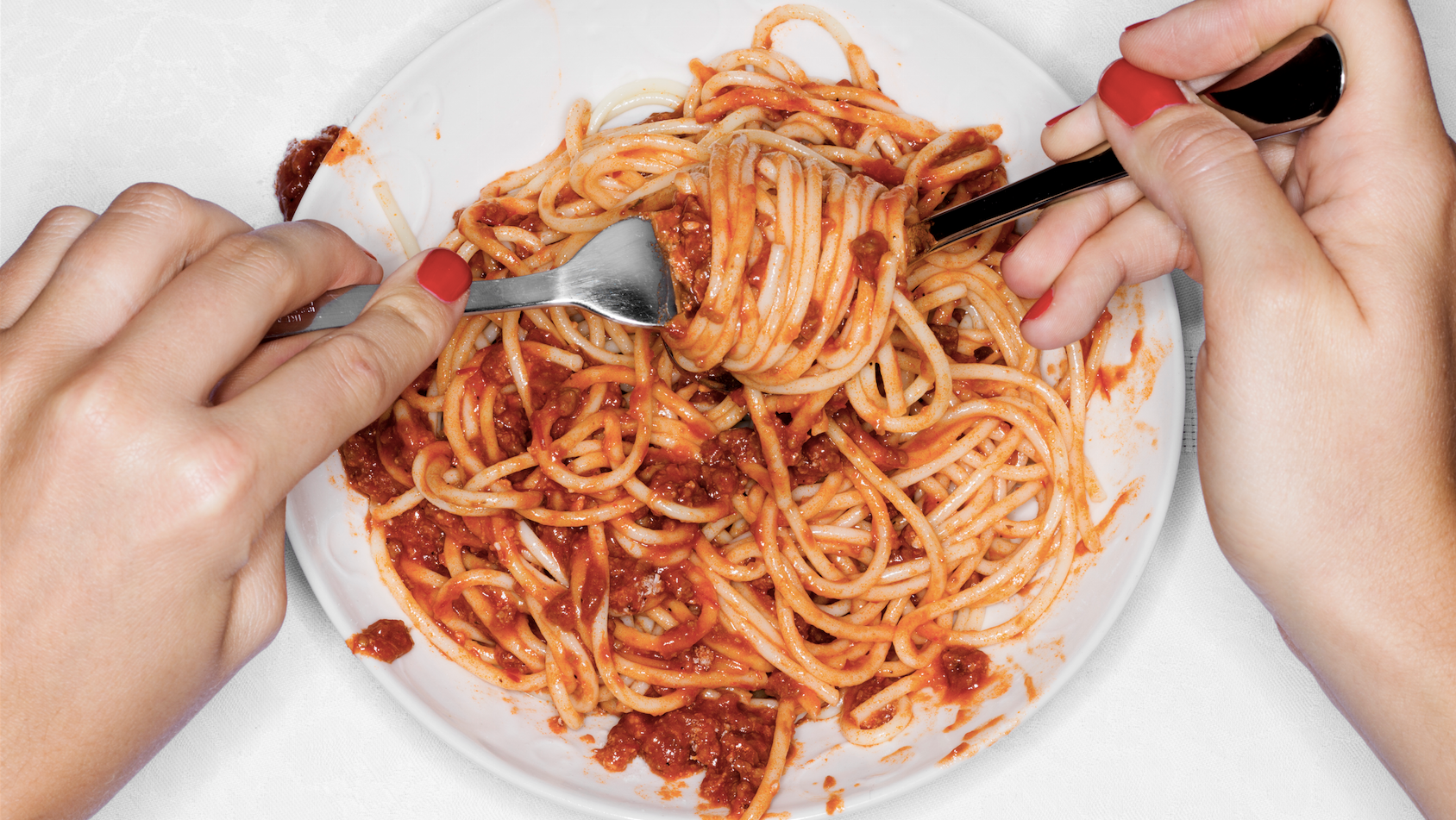
Caroline Rothstein is a New York City-based internationally touring and award-winning writer, poet, performer, and educator. Her work has appeared in Marie Claire, Cosmopolitan, BuzzFeed, NYLON, Narratively, The Forward, and elsewhere. She has been featured widely including in The New Yorker, MTV News, Chicago Tribune, CBS Evening News, BuzzFeed News, Huffington Post, Mic, and Newsweek, and was called a “very inspiring woman” by Lady Gaga.
-
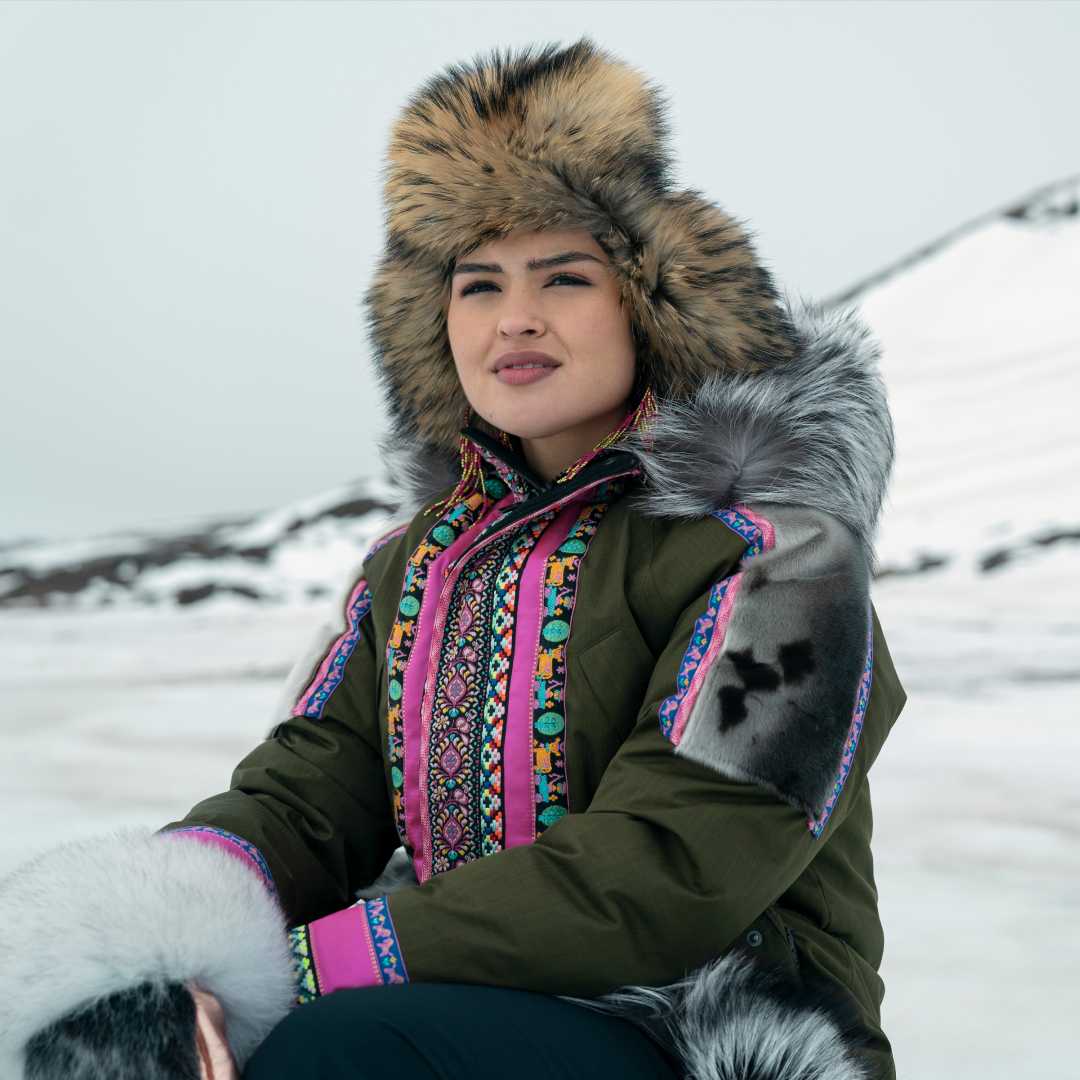 Netflix's 'North of North' Transports Viewers to the Arctic Circle—Meet the Cast of Inuit Indigenous Actors
Netflix's 'North of North' Transports Viewers to the Arctic Circle—Meet the Cast of Inuit Indigenous ActorsThe new comedy follows a modern Inuk woman determined to transform her life.
By Quinci LeGardye
-
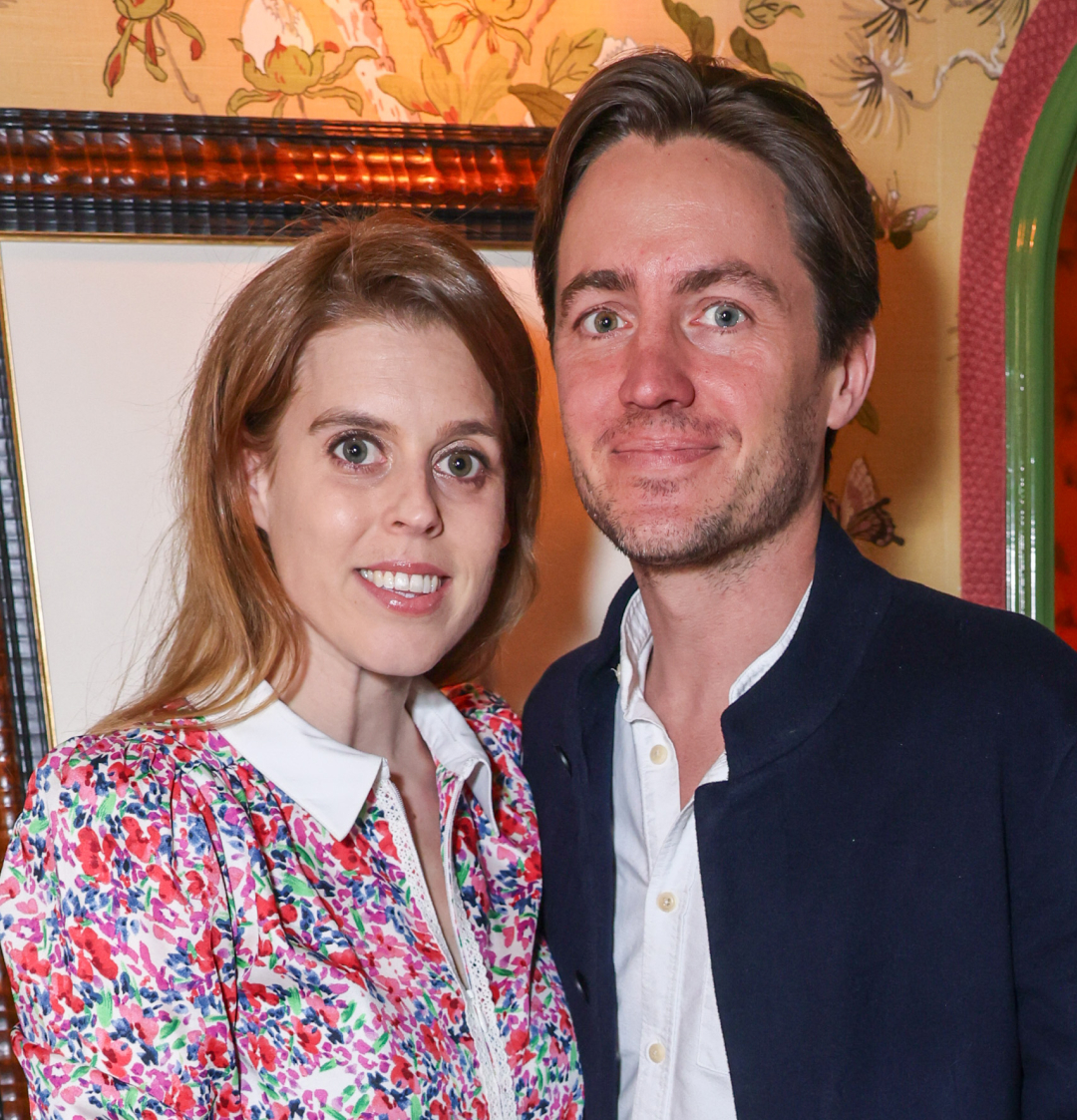 Princess Beatrice's Husband Pays a Rare Tribute to These Royal Family Members on Instagram
Princess Beatrice's Husband Pays a Rare Tribute to These Royal Family Members on InstagramEdoardo Mapelli Mozzi shared some behind-the-scenes snaps from the F1 Grand Prix in Bahrain.
By Kristin Contino
-
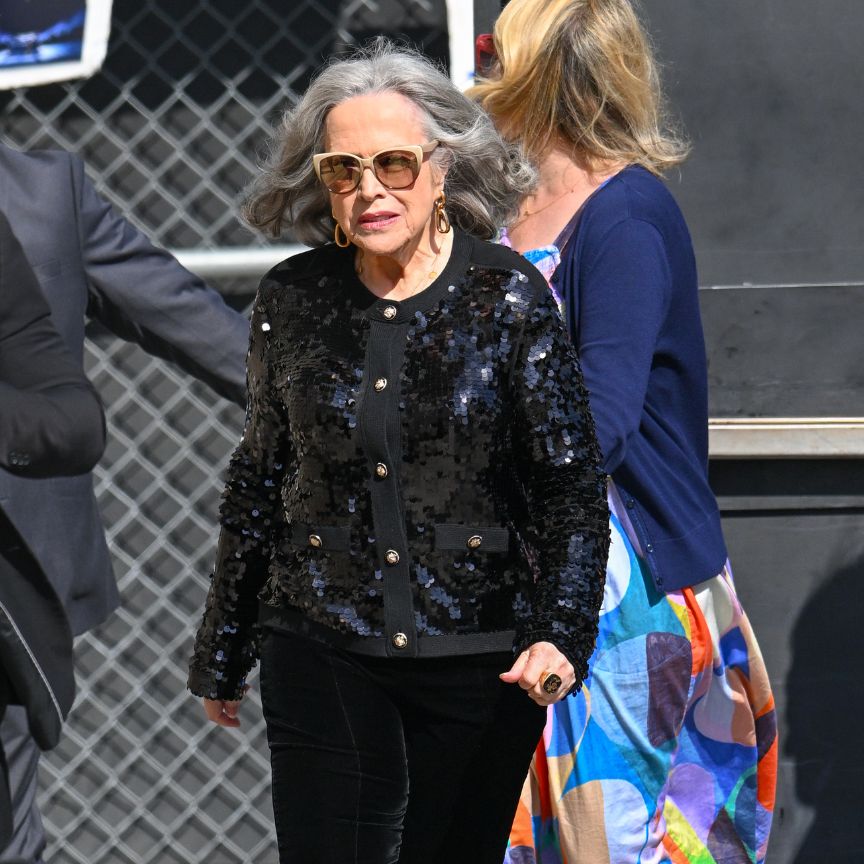 Allow Kathy Bates to Convince You to Grow Out Your Grays
Allow Kathy Bates to Convince You to Grow Out Your GraysOne look at her new style and you'll be canceling your root touch-up pronto.
By Ariel Baker
-
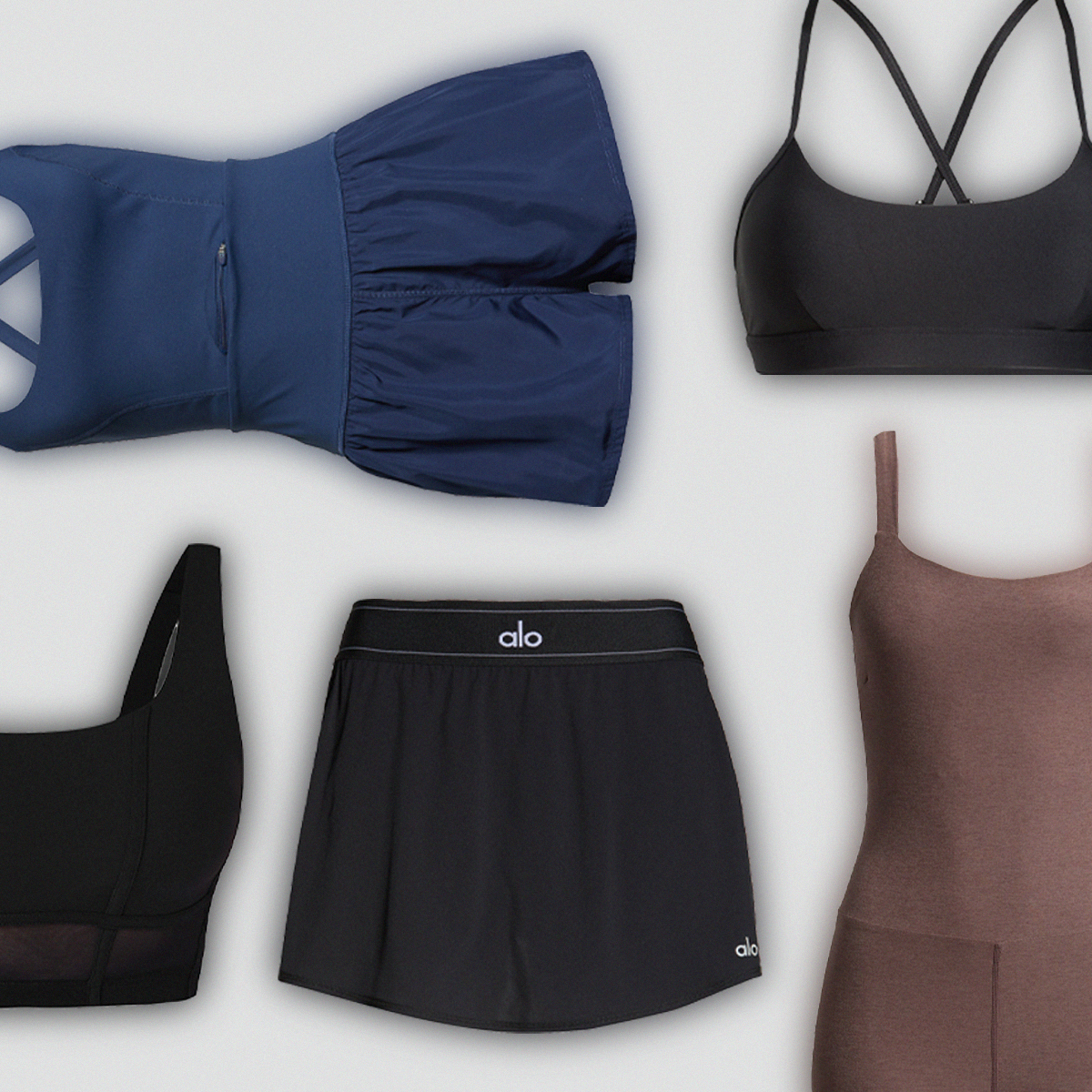 I Work Out 5 Days a Week—These Are the Brands I Wear on Repeat
I Work Out 5 Days a Week—These Are the Brands I Wear on RepeatSponsor Content Created With Nordstrom
By Emma Walsh
-
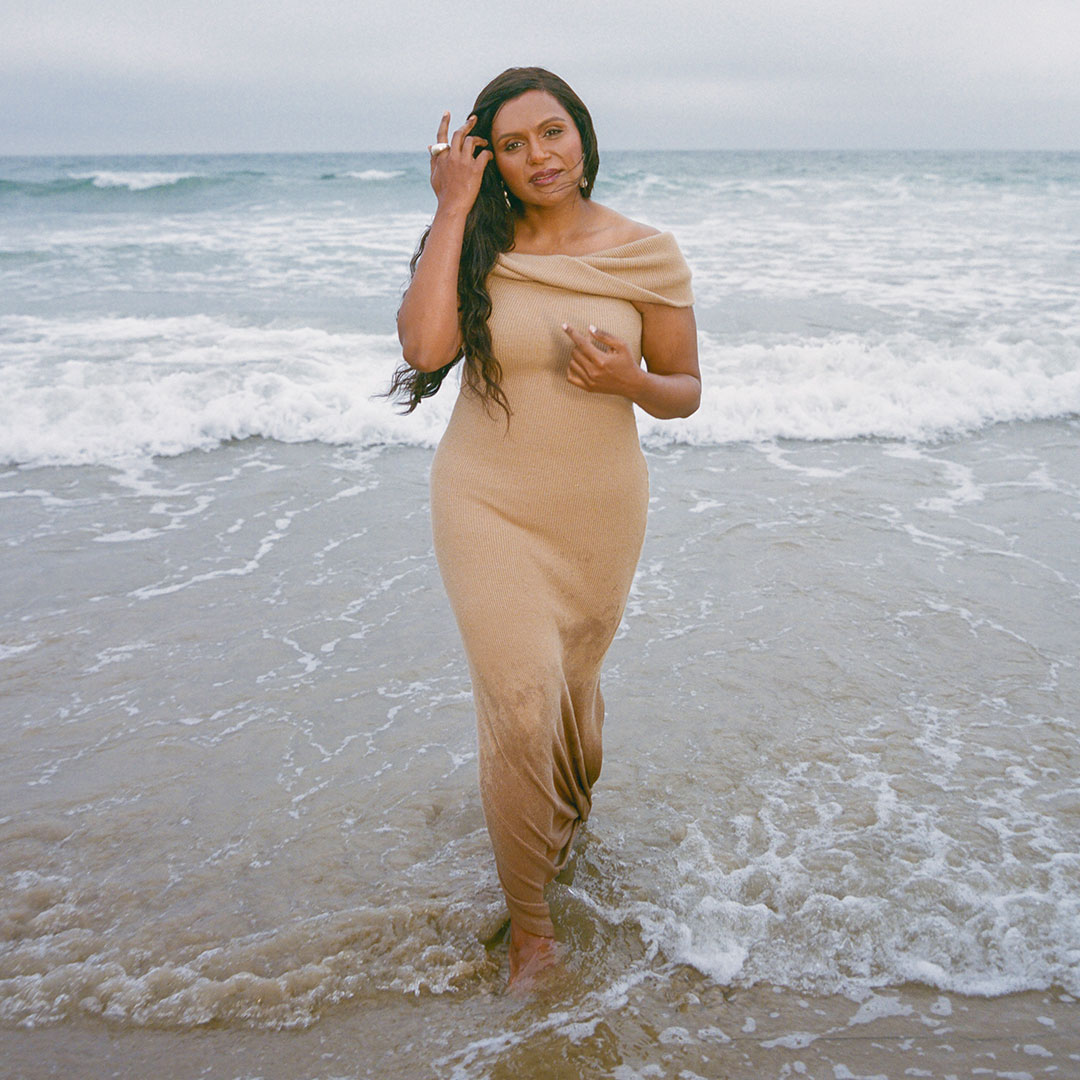 The Wellness Issue
The Wellness IssueLooking at women's health through a new lens.
By Marie Claire Editors
-
 Senator Klobuchar: "Early Detection Saves Lives. It Saved Mine"
Senator Klobuchar: "Early Detection Saves Lives. It Saved Mine"Senator and breast cancer survivor Amy Klobuchar is encouraging women not to put off preventative care any longer.
By Senator Amy Klobuchar
-
 I'm an Egg Donor. Why Was It So Difficult for Me to Tell People That?
I'm an Egg Donor. Why Was It So Difficult for Me to Tell People That?Much like abortion, surrogacy, and IVF, becoming an egg donor was a reproductive choice that felt unfit for society’s standards of womanhood.
By Lauryn Chamberlain
-
 The 20 Best Probiotics to Keep Your Gut in Check
The 20 Best Probiotics to Keep Your Gut in CheckGut health = wealth.
By Julia Marzovilla
-
 Simone Biles Is Out of the Team Final at the Tokyo Olympics
Simone Biles Is Out of the Team Final at the Tokyo OlympicsShe withdrew from the event due to a medical issue, according to USA Gymnastics.
By Rachel Epstein
-
 The Truth About Thigh Gaps
The Truth About Thigh GapsWe're going to need you to stop right there.
By Kenny Thapoung
-
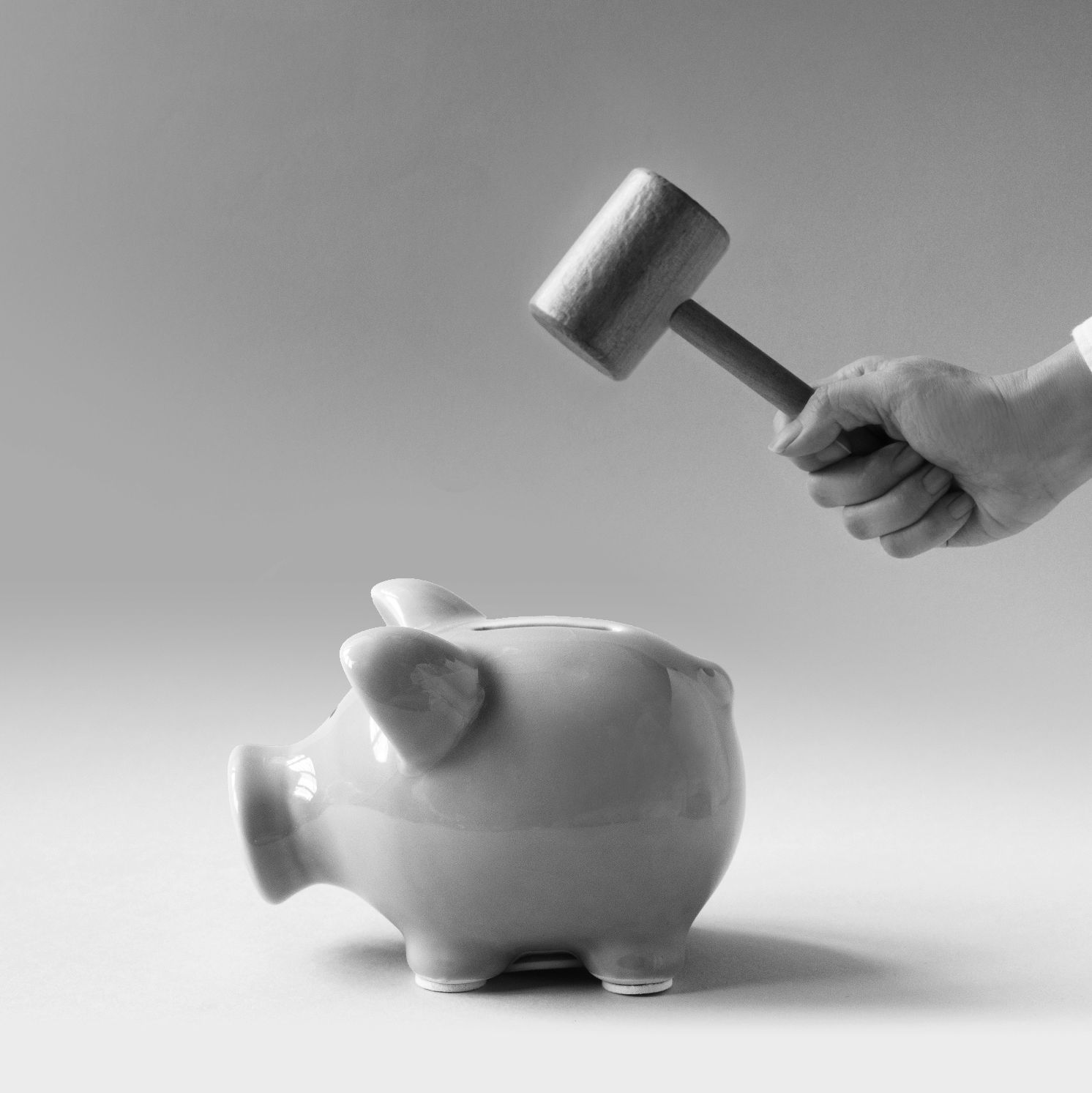 The High Price of Living With Chronic Pain
The High Price of Living With Chronic PainThree women open up about how their conditions impact their bodies—and their wallets.
By Alice Oglethorpe